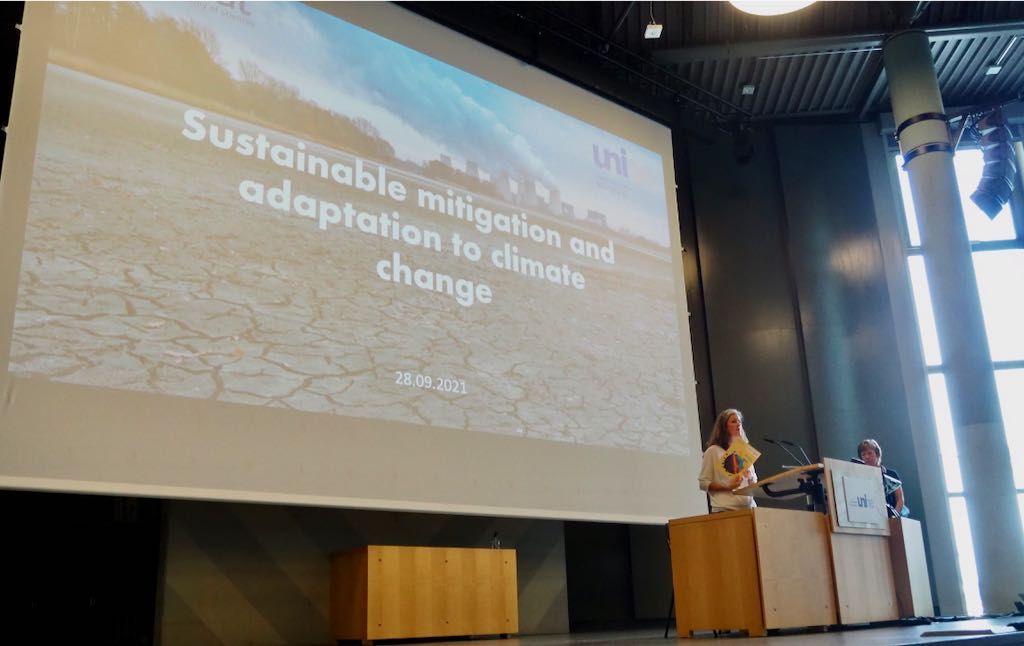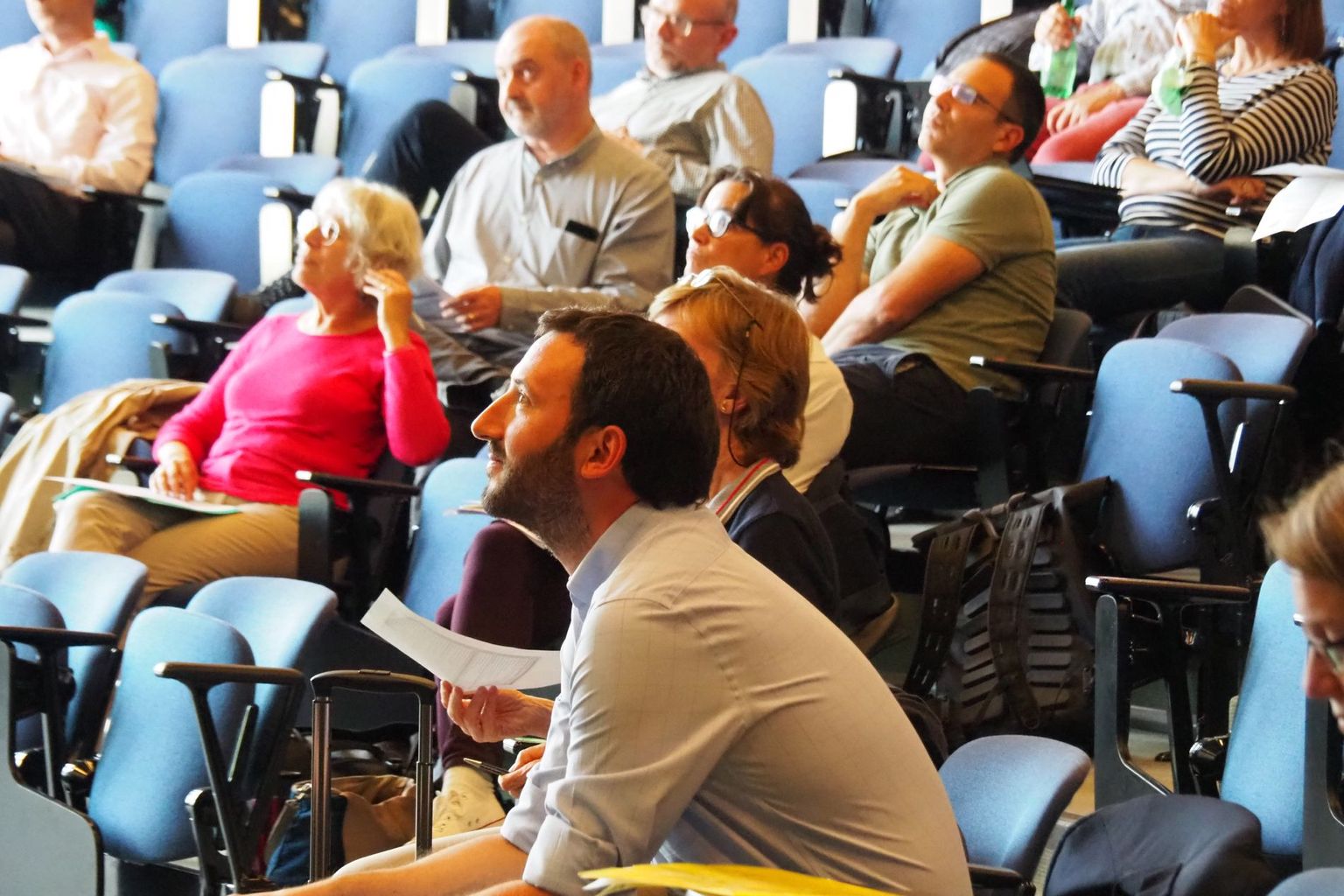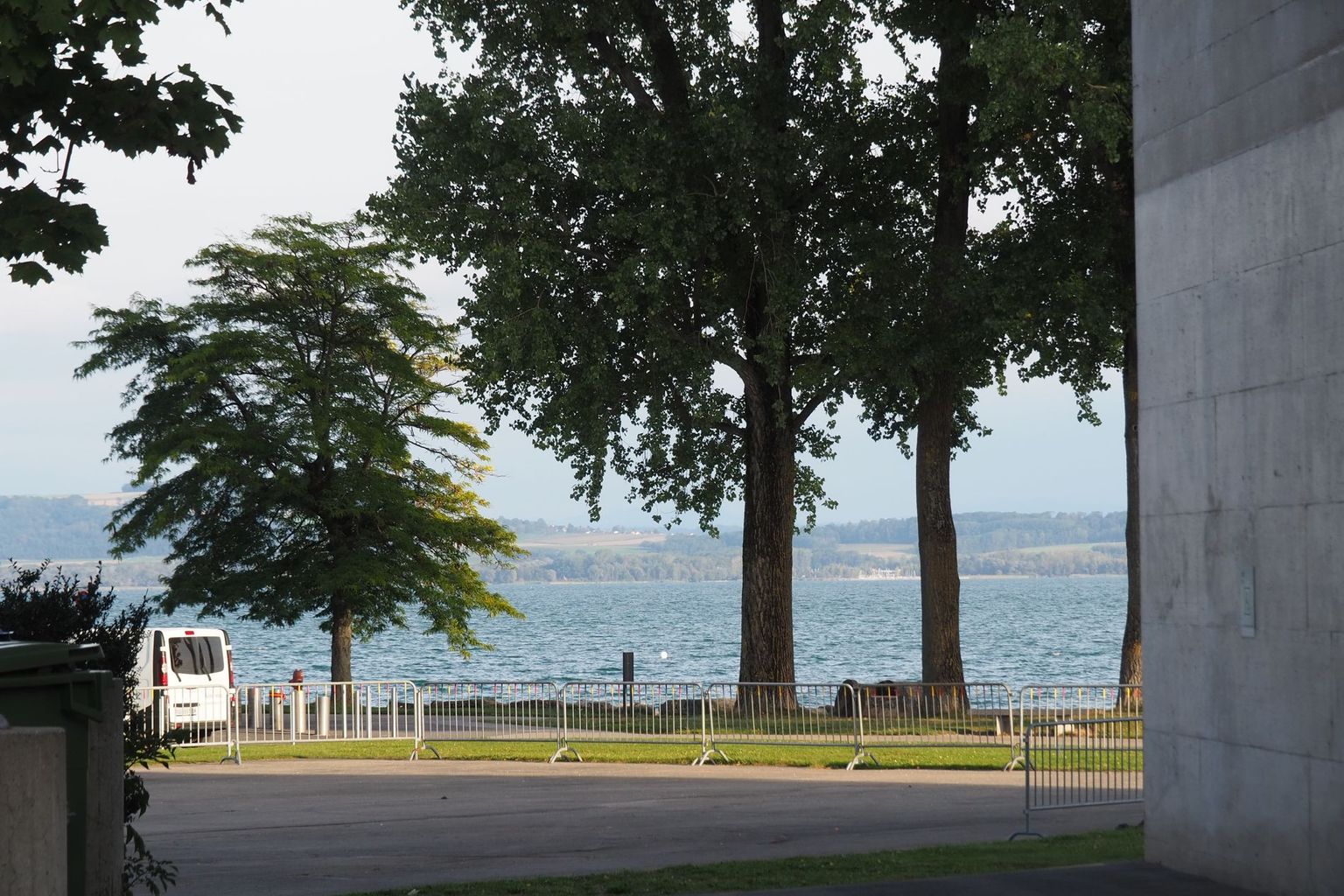Blog: University of Neuchâtel: Sustainable mitigation and adaptation to climate change
University of Neuchâtel & Sustainability Research Initiative
The Sustainability Science Dialogue series was successfully launched at the University of Neuchâtel on 28.09.2021 by bringing together scientists across faculties to increase awareness of ongoing research activities related to climate change and to foster exchange and the forging of new research partnerships.
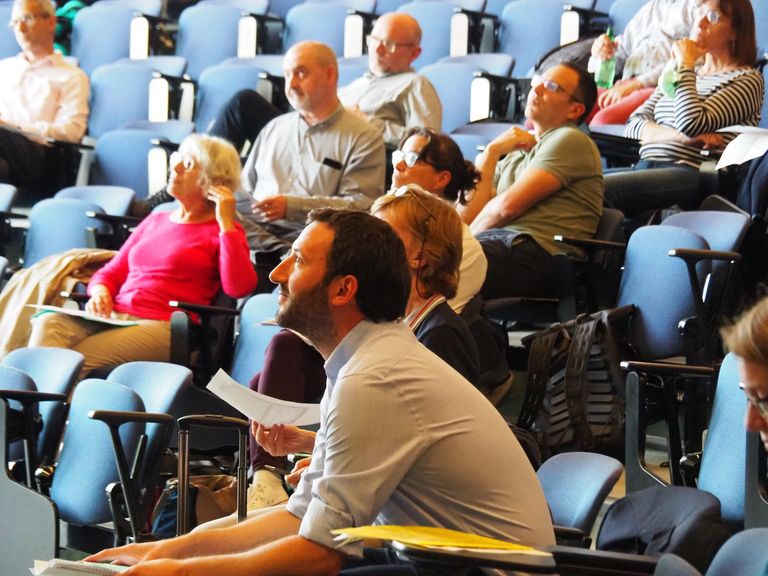
The presentations of the 25 participants were grouped thematically according to the Swiss Academies’ priority themes for sustainability research and showed how UniNE’s researchers are working on climate change-related topics from diverse angles – be it how microorganisms in peat bogs are indicators of changes in humidity, or how rising temperatures are responsible for a shift in the type of grapes grown in the Neuchâtel winemaking domain, with pinot noir being more and more replaced by merlot. Archaeologists are investigating how we can learn from the way ancient civilisations adapted to changing environments, and economists critically question whether subsidies for building renovations to lower carbon emissions are always well targeted.
Balancing research and the dialogue with decision-makers
An overarching aim of the event was to encourage researchers to reflect in which ways their research is already contributing to the Swiss Academies’ priority themes for sustainability research, and where there is still need for further work. However, as one scientist pointed out, scientific knowledge on many of the crises we are faced with today exists already, and the challenge lies in translating this knowledge into action pathways that lead to system change. The fact that science has predicted the grave impacts of climate change for 30 years, yet concrete action to tackle this crisis is still fragmented, is an issue of great frustration for many researchers. The animated discussion sessions after the presentations illustrated the dilemma that they are confronted with: carrying out high quality, rigorous research and at the same time engaging in a dialogue with decision makers so that scientific knowledge is integrated into policy.
Looking beyond our disciplines
As was mentioned by one of the participants: It may be too late to stop climate change, but in order to mitigate its effects in a sustainable way, we need to work collaboratively across disciplines and in a way that is oriented towards the needs of society. UniNE has shown that it has a group of very engaged professors that are willing to look beyond their own faculty and try to work more closely together. A recently launched inter-facultative bachelor course is a first step to transmitting this endeavour to the university’s students. Additionally, being a small university has its advantages: short distances and more personal contact can certainly facilitate exchange and collaboration.
Auteur·es SRI
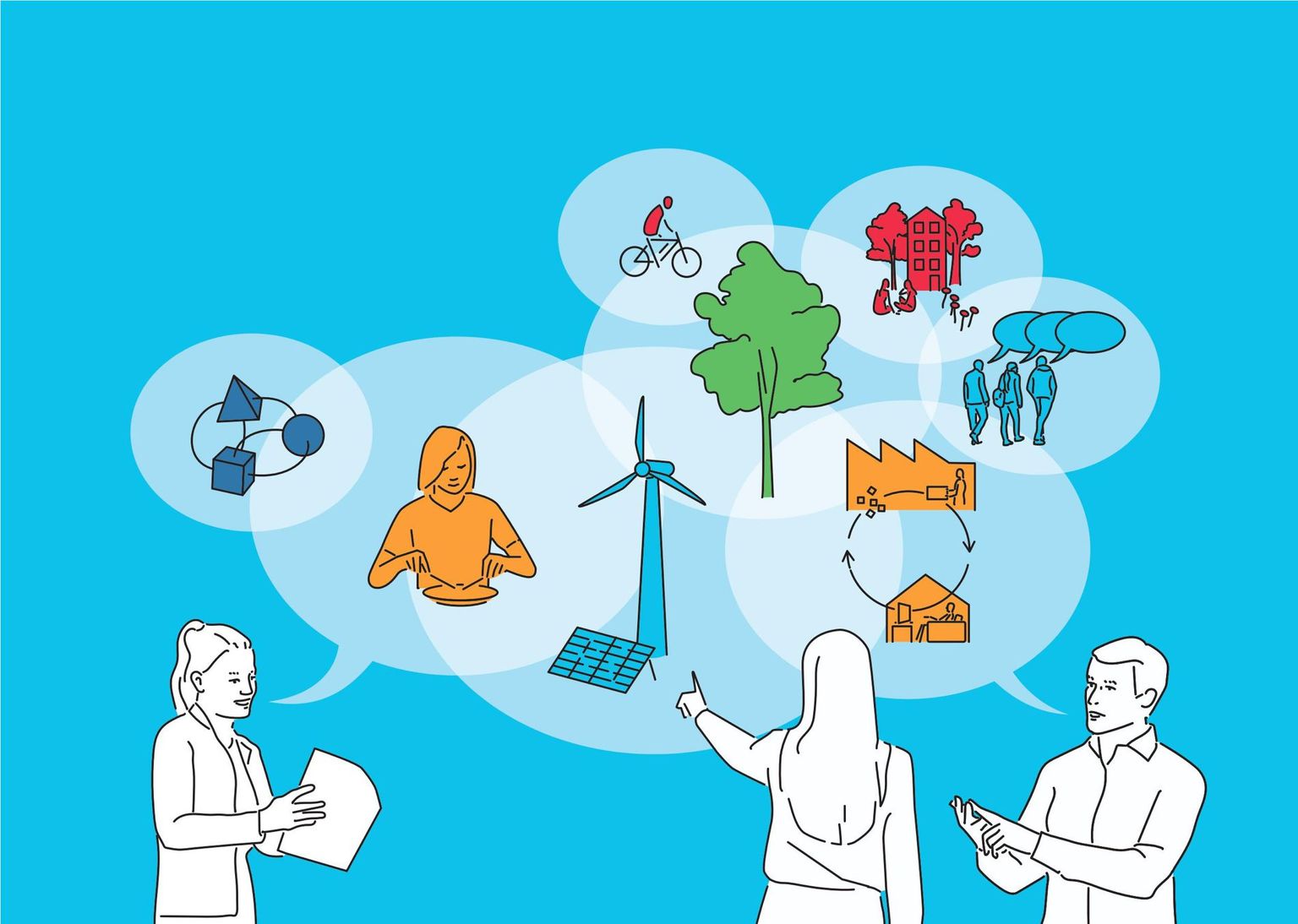
Autres numéros de Blog Sustainability Science Dialogue
- Blog: Sustainability Science Dialogue: 30 years after “Rio” – New research challenges for sustainable development?
- Blog: Sustainability Science Dialogue - Mehr Vernetzung für die Nachhaltigkeitsforschung an der ZHAW
- Blog: Sustainability Science Dialogue – Nachhaltige Entwicklung von Natur- und Siedlungsräumen im Kanton Bern
- Blog: Sustainability Science Dialogue – Gemeinsame Werte, Visionen und Wege zur Nachhaltigkeit
- Blog: Rétrospective sur les Dialogues durabilité et recherche de la HES-SO


